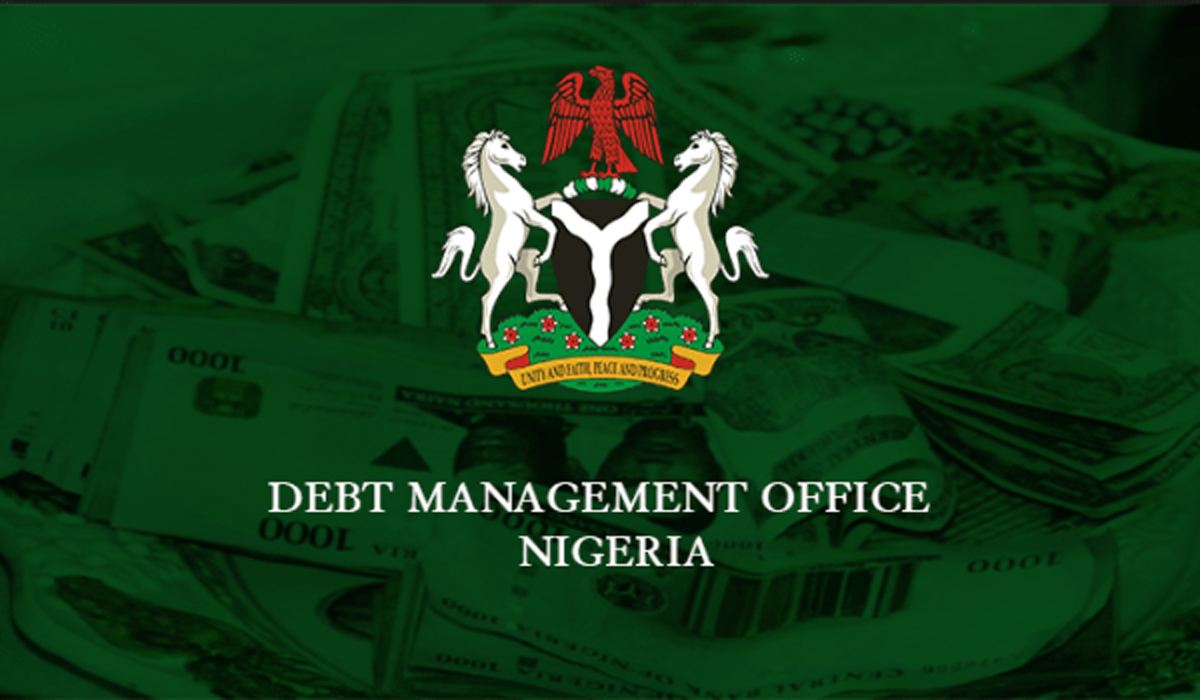Commercial loans obtained by Nigeria through Eurobonds rose from $1.50bn as of December 31, 2015 to $10.87bn as of December 31, 2020, indicating a $9.37bn or 625 per cent increase in five years.
The debt stock remained at $1.5bn from 2015 to 2016, but rose to $6bn by 2017, indicating a $4.5bn or 300 per cent rise within a year.
It further rose to $10.87bn in 2018, signifying an increase by $4.87bn or 81 per cent.
It remained at this figure till the end of 2020.
However, the Federal Government still intends to seek more funding through Eurobonds, which would increase Nigeria’s Eurobonds debt stock.
Reports had it that the Federal Government had appointed transaction advisers to facilitate the issuance of Eurobonds in the international capital market, according to a statement issued by the Debt Management Office.
The institutions approved by the Federal Executive Council as transaction advisers include JP Morgan, Citigroup Global Markets Limited, Standard Chartered Bank, Goldman Sachs, Chapel Hill Denham Advisory Services Ltd, FSDH Merchant Bank Ltd, White & Case LLP, and Banwo Ighodalo.
The DMO said it would speed up Eurobonds issuance activities based on the transaction advisers ‘approval, with the issuance of Eurobonds raising funds for the New External Borrowing of N2.34tn (about $6.2bn) provided in the 2021 Appropriation Act to partly finance the deficit.
It added that the funds raised would be used to finance different projects in the budget, while boosting foreign exchange inflow, increasing Nigeria’s external reserves, and supporting the naira exchange rate.
Reports also had it that the Minister of Finance, Budget and National Planning, Zainab Ahmed, during press briefing in Abuja on Monday said that the government planned to raise about €3bn through Eurobonds to fund budget deficit.
She had said, “We have an approval in the 2021 budget to fund the budget deficit 50 per cent locally and 50 per cent externally.
“So, the 50 per cent external borrowing is 6.1bn euros. We are planning to do about half of that in Eurobonds and the other half through other windows such as multilateral and bilateral sources.”
She further stated that the government was borrowing responsibly by borrowing to invest in infrastructure that would later yield revenue.

Leave a Reply